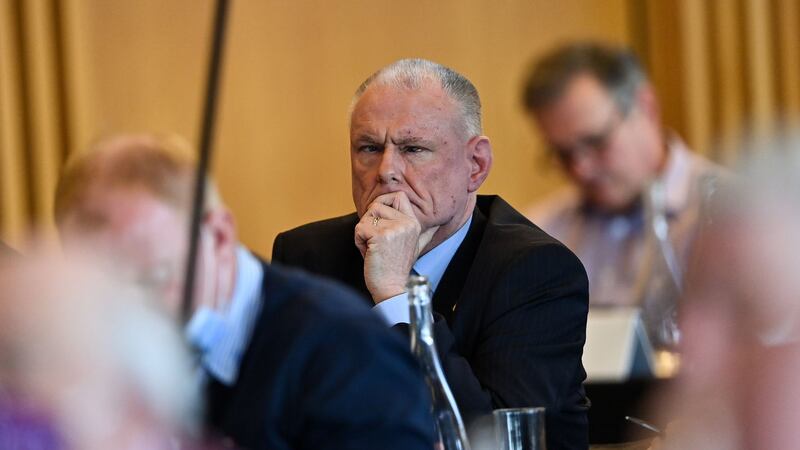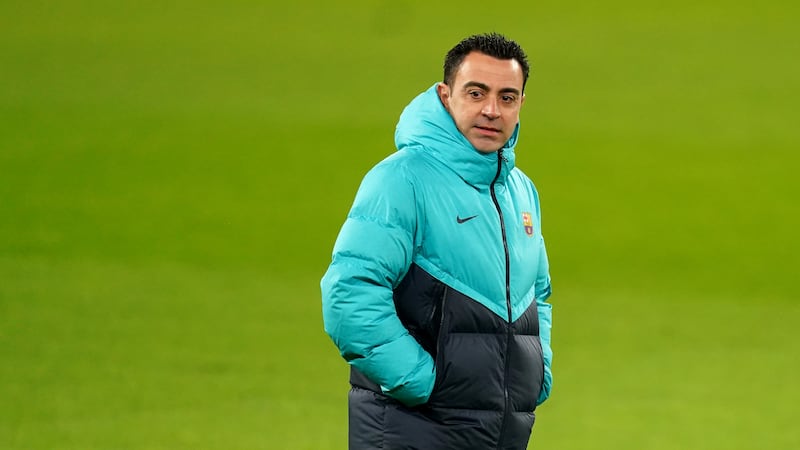ULSTER GAA secretary Brian McAvoy has doubled down on his opposition to championship reform, stating that “diluting” the provincial championships “should not be part of any change”.
McAvoy was one of the most vocal opponents of Proposal B that was put before Special Congress last October. All four provincial councils are understood to have voted against change as it was proposed then.
The GAA’s new fixtures task force has produced two new proposals that are being discussed by counties with a view to being voted on at Annual Congress next month.
The ‘Green Proposal’ retains the current league and provincial championship structures followed by a round-robin All-Ireland series, while the ‘Red Proposal’ is a tweaked version of what was proposed in October.
However, while McAvoy has touched in his annual report on the problems caused by moving away from the old 1A/1B league system that would be reintroduced as part of championship reform with the Red Proposal, the Burren native appeared to pour cold water on the idea of supporting any reduction in the status of provincial championships.
“By all means we can change and change is good, if it is the right change,” he wrote.
“The provincial championships mean so much to so many people and are part and parcel of the GAA’s heritage.
“Diluting them should not be part of any change and especially given the fact that they are the out-workings of the problem, rather than the actual cause of the problem.
“In order for the gap to be closed counties need to have the opportunity to play teams both at their own level and teams at a level above them in games where they can be largely competitive.
“The provincial championships need to provide one route to the All-Ireland series – but there can be other routes, or at least other routes could act as a championship seeding mechanism.
“Gaining consensus is the key to finding a solution and no one should feel alienated.
“While little in the GAA world is straightforward, many difficult issues have been satisfactorily resolved down the years and this should be no different.”
The Ulster CEO also said he felt that Croke Park had “significantly over-estimated” the potential income from Proposal B, which they had put at between £3m and £4m, and that it “in our view, [it] was the weakest model financially by some distance.
“No one is suggesting that the status quo is perfect and there is a momentum for change,” he said.
“Any change however must be for the better and must have broad consensus if it is to have acceptance across the board.
“The first question that must be asked, is what are we trying to achieve? I don’t think that this was satisfactorily addressed during the previous debate.”
While 2020 and ‘21 were the first years of the split season, they were a false economy given the late start and finish to inter-county football.
This year will see the All-Ireland finals played in mid-July and while McAvoy says it has been “a huge success” so far, the “stress test” for the idea will come in 2022.
“League competitions are treated with a high level of importance in many counties and there are cases where league position determines championship status.
“Under the ‘split season’ concept it will be June at the earliest before clubs have access to their county players. There can be no question of counties waiting until the summer to commence club competitions, so fixture makers in counties may have to deploy a level of creativity in planning club fixture schedules.
“Additionally, with club championships not commencing until later in the calendar, there will be increased pressure on grounds and clubs will face additional financial challenges with additional floodlighting and heating costs.
“In the year of COP26 we don’t need any reminding of the need to reduce our carbon emissions and more than ever energy savings must become a requirement for all GAA units.”








